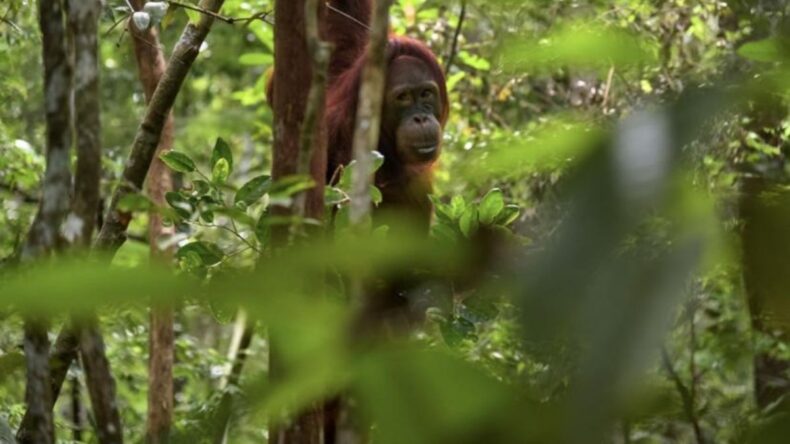Ecological Empathy is defined “as the ability to sense the overall well-being and condition of one’s immediate environment and natural setting stemming from psychic sensitivity to nature.”
Being Empathetic toward Ecology rely on our understanding of Empathy.
“Empathy”- A Recap
How do we define our reality? Simplistically put, our reality is what we perceive of the current scenario using our senses, temperament, shaped by our own experience.
Thus, giving each fact a distinction in our unique manner.
However, when a human decides to observe and perceive reality from another person’s experiences, the effort we undertake for the same is “Empathy.
Empathy is the effort to try to understand another’s emotions, perspective, their version of reality, letting understanding flow between them on a deeper level resulting in an enhanced communication level.
Do We Have the Ability to Empathise?
Our ability to empathise is wired directly into our brains; the Right Supramarginal Gyrus section of our brain assist in the same.
This section lets us create a distinction between our emotional well-being from another. We are, therefore, enhancing our ability to assess and comprehend another experience realistically.
Neurological studies suggest the possibility of “mirror neurons” causing us to mimic the actions of others.
Explains why you suddenly yawn as you look at someone yawning!
The skill of empathising with another can be developed over time as you teach the following micro habits in your daily life.
Let’s begin!
The First Step: Mindful and Observant of Others
Take a little break from your busy, digitally engrossed life and be mindful and considerate of your surroundings.
Instead of categorising people mentally, let’s communicate with an open mind.
Step 2: Active Listening
We usually listen to replies. Let your ears take a step back, and your mind listen actively.
Active listening will better understand another experience that might have motivated them to reach a particular mind view.
As opinions are heard actively, our knowledge expands in a broader spectrum.
More steps continue to follow as we decide to communicate and make an effort to understand another on a deeper level effectively.
Ecological Empathy equips users to sense overall well-being and conditions out of being sensitive towards our environmental setting.
It allows them to be physically, emotionally and mentally in sync with nature’s setting.
The techniques available to practise ecological Empathy are in order-
- Natural Affinity: empathetically influencing the ecosystem.
- Natural Communication: The ability to converse with the ecological settings.
Harmony of an individual’s emotions with that of nature opens pandora’s box of emotions to experience as the individual may mirror nature’s calm, peaceful bliss.
This very quiet can turn into a storm as wildlife gets impacted by human activities driven in the name of development.













